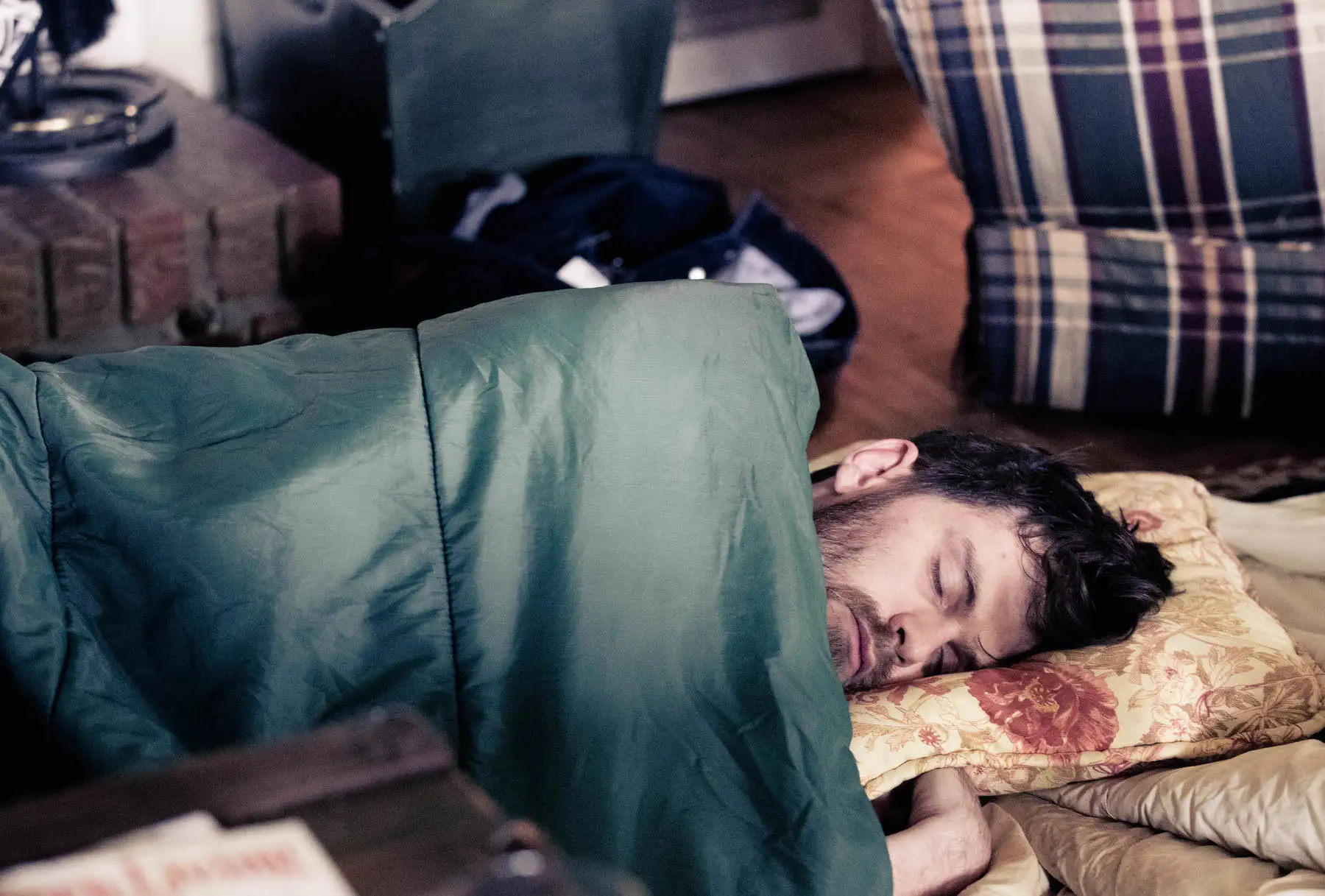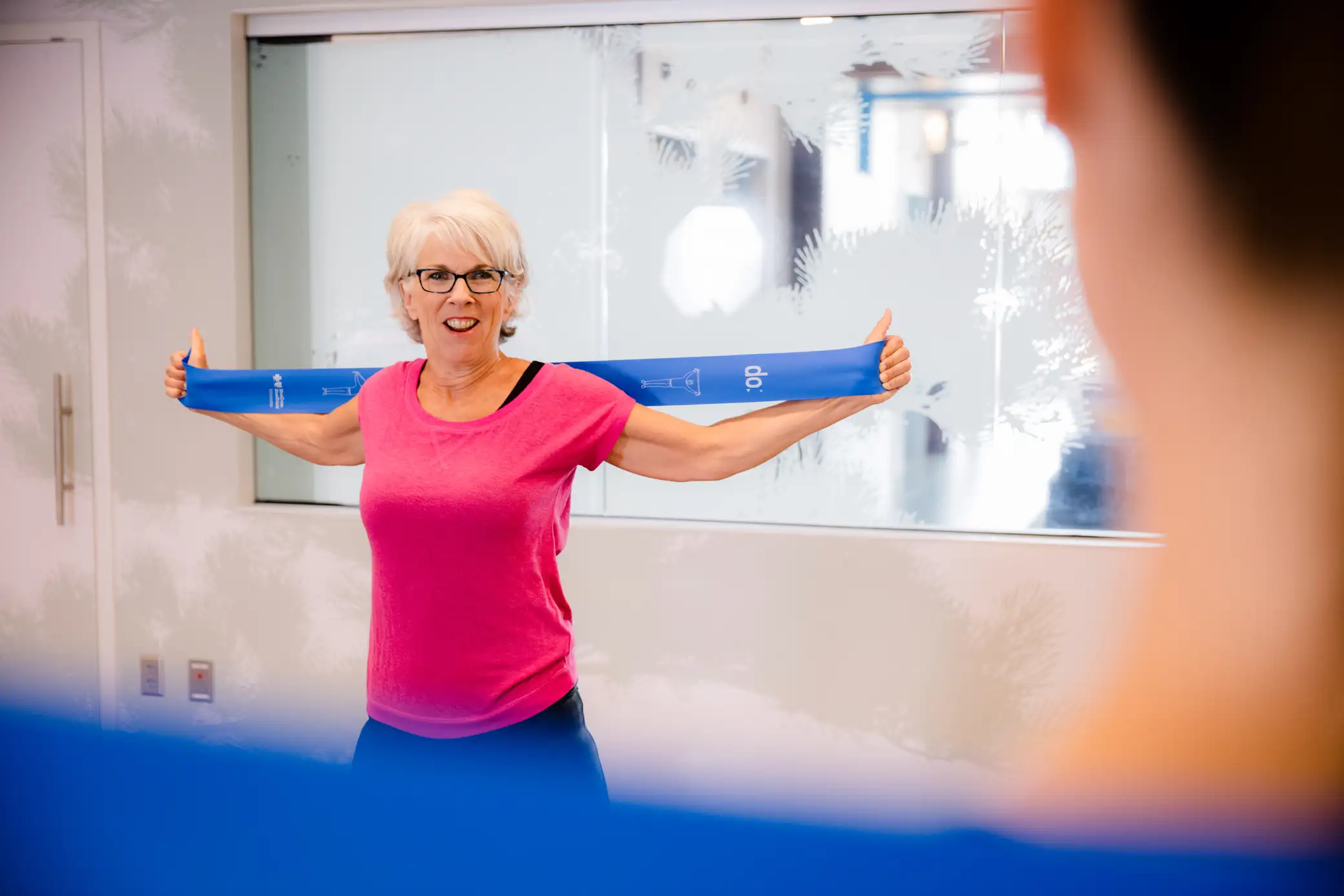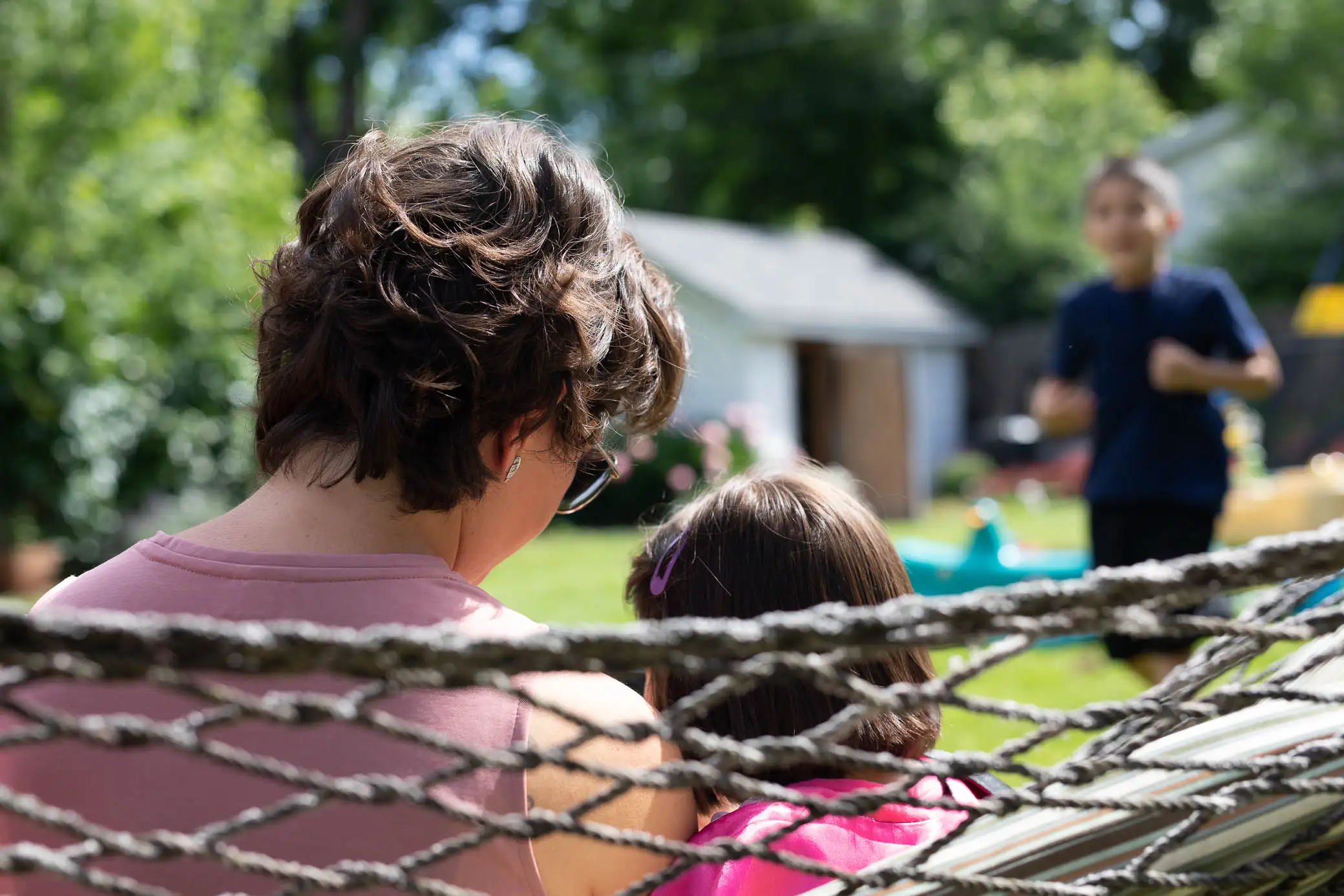Play is a state of mind. It involves activity that is “content-free, purposeless, all-consuming, and fun without a need to accomplish any required goals or tasks.”
We often think of play as an indulgence intended for children. Adults don’t have time for play, we need to be responsible, efficient, and productive. Yet, studies show that even just a little bit of play increases creativity and productivity at work. In fact, evidence suggests that incorporating play at work is linked to less fatigue, boredom, stress and burnout. Play is also positively associated with job satisfaction, engagement, and confidence.
Animals that stop playing, become rigid with fixed behaviors. They, like us, stop developing. When we are no longer interested in new and different things, we decrease opportunities to experience pleasure in our lives. In essence, we stagnate. The absence of play is associated with decreased optimism and mood deterioration leading to anxiety and depression, increased obesity, less self regulation and impulse control, tendency to seek quick fixes and addictive behaviors (alcohol, food, gambling, shopping, etc), and the feeling that you are stuck in a rut with no way out.
On the contrary, the benefits of play are equally ample and quite impressive. Play helps the brain learn and adapt, innovate, make new connections, and integrate information. The contribution to intellectual growth includes improved intellect, adaptability, empathy, creativity, joy, self regulation, curiosity, and perseverance. It reduces anxiety and helps regulate mood. And laughter, common in play, has been shown to positively impact inflammation. Physical activity and play are essential for maintaining a healthy weight and help decrease the risk of obesity. Partners who engage in play, work out issues more effectively, allowing for healthier and happier relationships.
At WeHeal, play is not a luxury, it is a necessity. It is essential that people who want to heal learn how to play again. There is no single right way to play, the key is finding what you enjoy and protecting the time to make it happen. Ask yourself:
- Do you wish you had more time in the day to play?
- Have you forgotten the pure joy you get from engaging in play?
- What would it feel like to unplug, tap into creativity and imagination, laugh and enjoy?
*Brown M.D., Stuart. Play: How it Shapes the Brain, Opens the Imagination, and Invigorates the Soul (p. 60). Penguin Publishing Group. Kindle Edition.


















